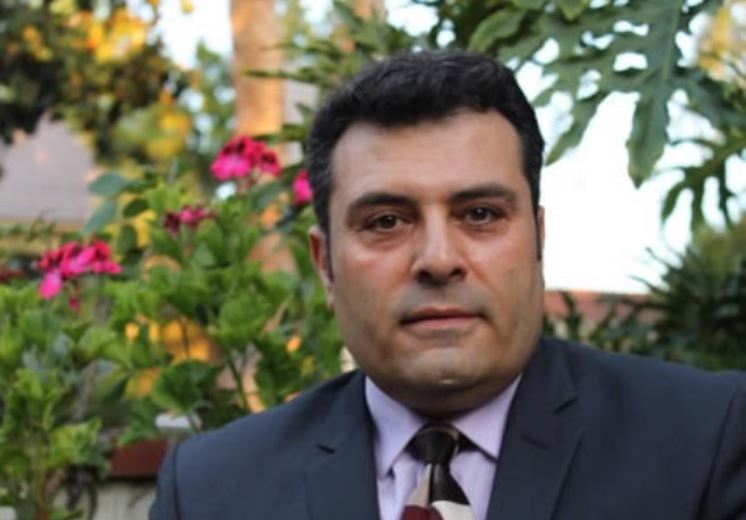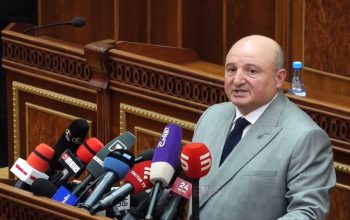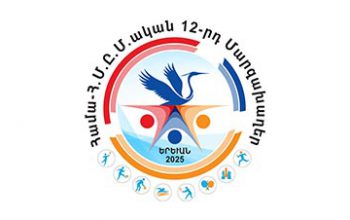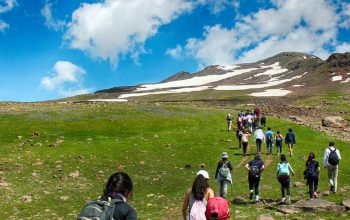Dr. M. Mkhitar Moradian, PhD, Bioanalyst
Apparently, there is a sociopolitical platform called “Մեր Ուղին” (Our Path), which I had not heard of until last month when a friend sent me an article they published about the Armenian Revolutionary Federation (ARF) Central Committee (CC) elections in the Western USA (WUS). While the ARF is no stranger to unfounded criticism, this article is complete baseless libel riddled with falsehoods and lies.
In general, such groups and their publications don’t deserve a response. Yet, since I knew two of the authors, who happened to be former ARF members and, believe it or not, leaders, I decided to respond. In an era where information spreads rapidly and misinformation can easily take root, it’s crucial to address baseless libel with clarity and integrity. The authors’ unfounded claims, targeting individuals and the ARF in the WUS with the intent to damage reputations and sow discord, need a response. These accusations have been propagated without evidence, relying instead on conjecture and innuendo. It is essential to highlight that these claims are not only inaccurate but also harmful and misleading. In this article, I aim to set the record straight and debunk these baseless accusations with facts and reason.
Let’s begin with the fact that, throughout its 134 years of existence, many world powers have tried to exert influence on the ARF in different ways. The ARF has been a significant player in the geopolitics of the South Caucasus for over a century. It has evolved from a nationalist organization advocating for Armenian independence to a prominent political party with considerable influence in Armenian politics and the broader region. Given its historical and contemporary importance, it is no surprise that world powers have shown interest in influencing or aligning with the ARF. Here is what we all agree the ARF should do:
The ARF’s Role and Response
- Balancing Act: Given its influential position in Armenian politics, the ARF navigates these external pressures with a careful balancing act. It strives to maintain its independence and integrity while engaging with international actors. The ARF’s ability to balance these influences is crucial in shaping Armenia’s domestic and foreign policies.
- Strategic Adaptation: The ARF adapts its strategies based on the changing geopolitical landscape and its own national objectives. It leverages its relationships with various global powers to advance Armenian interests and advocate for issues important to the Armenian people. This adaptability makes the ARF a key player in regional politics and a focal point for external actors seeking influence.
What About “Մեր Ուղին”?
While I was not able to find a clear-cut ideology on the “Մեր Ուղին” website, it seems their main mission is to create unfounded criticisms of the ARF. For a start, perhaps they should learn that aligning interests with other domestic or foreign powers who seek similar objectives is a strategic advantage. Unfortunately, the people of “Մեր Ուղին” have aligned their interests with Pashinyan, advocating his regime’s pro-Turkish and pro-Azeri policies. Or perhaps they simply abide by the rules set by whoever funds their organization, clearly an anti-ARF entity or entities. Since they are not independent, they must portray the ARF similarly to justify themselves—a failed approach. The ARF has always welcomed constructive criticism and respects opposition, yet anti-ARF attacks only serve Turkish and Azeri goals.
In their article, they mention that the members of the newly elected ARF Central Committee in the WUS are old, with the youngest being 50+ years old. This is a big lie since at least two of the CC members, whom I know personally, are in their early 40s or may even be younger. Nonetheless, the age of an organization is not determined by a calendar but by the collective fresh and young brainpower that the organization has. We have all seen the young (in age) members of the Pashinyan government who are destroying Armenia with their inexperience, inaction, and yielding to the enemies of the Armenian nation. If you expect the ARF to become young like the Pashinyan government, then we would all rather be called old. By the way, you should perhaps take a look in the mirror—you all are senior citizens both physically and mentally. It is apparent in the articles you publish.
Now to the highlight of my article: the regional convention of the WUS and the election of the CC. In the past 25 years, I have witnessed many CC elections in the WUS. This regional convention and the elections were among the fairest and most democratic ones ever. After preposterous attempts to sabotage the ARF in the WUS, finally, the right side prevailed, and the wrong side failed.
The outcome of the CC elections will improve the Armenian-American community’s engagement with both local and global Armenian causes. After about two decades of insufficient progress in the WUS, the new leadership’s focus will be on community issues and advocacy, where cultural preservation will shape the ARF’s role as a key player in representing and advancing Armenian interests.
The ARF’s Western United States Central Committee plays a role in broader international Armenian relations, including interactions with Armenian political entities in Armenia and Artsakh. We are not only proud but delighted that there is a Central Committee elected by the people and for the people.
Conclusion
The Armenian Revolutionary Federation’s influence in Armenian politics and its strategic position in the South Caucasus and the diaspora make it a significant player on the international stage. World powers, from Russia to Western countries and even Turkey, have a vested interest in influencing the ARF to align with their geopolitical and strategic objectives. As global dynamics continue to shift, the ARF’s role and the external interest in its policies will likely remain a critical element of the region’s political landscape. Understanding these motivations helps illuminate the broader geopolitical chess game in the South Caucasus and underscores the importance of the ARF in shaping the future of Armenia and its relationships with global powers.




